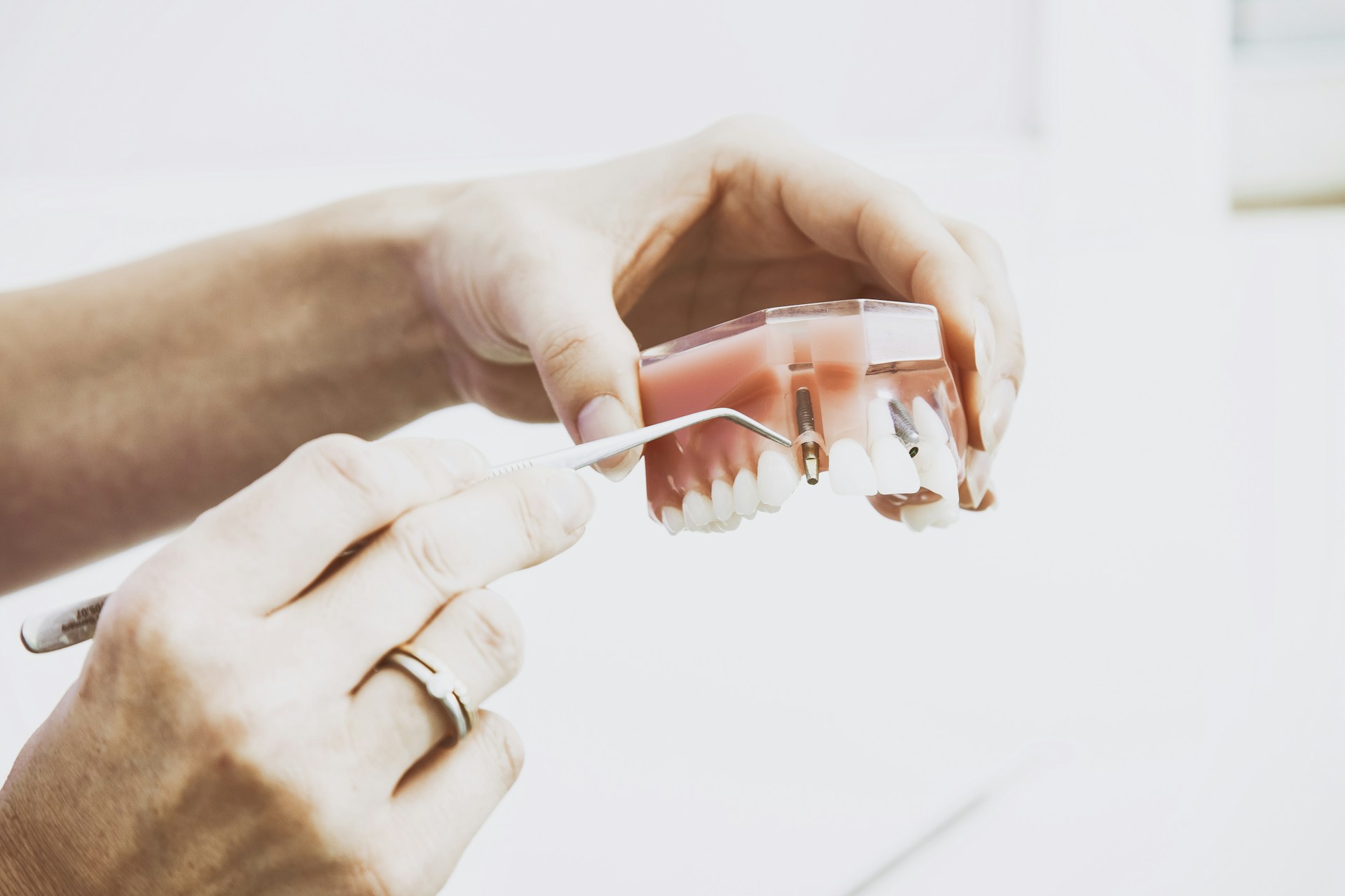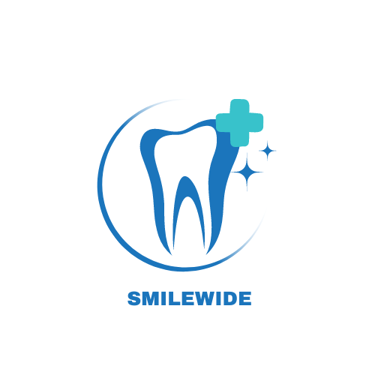SMILE- It costs nothing !!!
Understanding Dental Cleaning Discomfort
Discover the truth about dental cleaning discomfort and learn what to expect during your appointment. Find effective tips to minimize dental pain and prioritize your oral health today!
10/21/2024
Does Dental Cleaning Hurt?
Dental cleanings are a routine part of maintaining good oral hygiene, but the thought of sitting in the dentist's chair can make some people nervous. One of the most common concerns is, "Does dental cleaning hurt?"
What Happens During a Dental Cleaning?
A typical dental cleaning consists of several steps to ensure your teeth and gums are free of plaque, tartar, and bacteria that could lead to decay or gum disease.
Here’s what you can expect:
1. Examination
Before starting the cleaning, your dentist or dental hygienist will examine your mouth, looking for any signs of gum inflammation, cavities, or other oral health issues.
2. Scaling
The main step in a dental cleaning is scaling, where your hygienist uses special tools to remove plaque and tartar buildup around the gum line and in between your teeth.
Plaque is a soft, sticky film of bacteria that can be removed with regular brushing and flossing, but once it hardens into tartar, professional cleaning is required to remove it.
3. Polishing
After scaling, your teeth will be polished using a gritty toothpaste and a high-powered electric brush.
This step removes any remaining plaque or tartar, smoothens the tooth surfaces, and helps to whiten your smile.
4. Flossing
The hygienist will also floss your teeth to clean between them and remove any particles left behind. This ensures that no plaque or debris remains in hard-to-reach areas.
5. Rinsing and Fluoride Treatment
Finally, you'll rinse your mouth to get rid of any loose debris, and a fluoride treatment may be applied to protect your teeth from cavities until your next cleaning.
Related : How often should you have a dental cleaning
Is Dental Cleaning Painful?
For most people, a dental cleaning is painless, and you may only feel slight pressure or mild discomfort during the procedure, especially during scaling.
However, the level of discomfort can vary depending on several factors:
Sensitivity
People with sensitive teeth may experience more discomfort during a cleaning, particularly when cold water or the polishing tool touches their teeth.
If you have sensitive gums, the process of removing tartar around the gum line may feel uncomfortable or cause temporary soreness.
Gum Health
If you have gum disease (gingivitis or periodontitis), you might feel more discomfort during a cleaning.
When gums are inflamed or infected, they become tender and may bleed more easily.
The hygienist may need to clean deeper around your gum line, which can feel more uncomfortable if your gums are swollen or sore.
3. Tartar Buildup
If there’s significant tartar buildup on your teeth, it may take longer for the hygienist to remove it, which can increase discomfort.
More advanced tartar, especially below the gum line, might require scaling with ultrasonic tools, which some people find more intense than manual scaling.
4. Teeth Sensitivity to Scaling
Scaling can sometimes be uncomfortable because the instruments used to remove tartar apply pressure to the teeth.
If your teeth are particularly sensitive to touch, the process can feel slightly more uncomfortable.
However, your dental hygienist will be mindful of your comfort level and adjust their technique as needed.
Related : Can dental cleaning damage tooth enamel ?
How to Minimize Discomfort During a Dental Cleaning
If you’re concerned about discomfort during your cleaning, here are some tips to make the process more comfortable:
1. Communicate with Your Dentist
Let your dentist or hygienist know if you have sensitive teeth or gums before the cleaning begins.
They can take steps to reduce discomfort, such as applying numbing gel to your gums or using more gentle tools.
2. Consider a Topical Anesthetic
For patients with a low pain tolerance or those undergoing a more intensive cleaning, such as deep cleaning (also known as scaling and root planing), a topical anesthetic may be applied to numb the gums.
3. Practice Good Oral Hygiene
Regular brushing and flossing at home help prevent plaque and tartar buildup, reducing the need for aggressive scaling during your dental visit.
The healthier your gums and teeth are, the more comfortable your cleaning will be.
What to Expect After a Dental Cleaning
Most patients leave a dental cleaning feeling refreshed, with no pain or discomfort.
However, if your gums were sensitive before the cleaning or if you had significant tartar buildup, you may experience:
Slight soreness or tenderness in your gums, particularly if gum disease was present.
Increased tooth sensitivity to hot or cold foods and drinks, especially if you have naturally sensitive teeth or areas of exposed tooth roots.
These effects are temporary and usually subside within a day or two.
If discomfort persists for more than a few days, you should contact your dentist, as this could be a sign of an underlying issue.
Is Dental Cleaning Worth It?
Despite the possibility of mild discomfort, dental cleanings are crucial for maintaining oral health. Professional cleanings help:
Prevent gum disease by removing plaque and tartar buildup.
Detect early signs of oral health issues such as cavities, gum disease, or oral cancer.
Maintain fresh breath by cleaning hard-to-reach areas where bacteria may accumulate.
Whiten your smile by removing surface stains from coffee, tea, and other foods.
Skipping regular cleanings can lead to more serious problems down the road, including advanced gum disease, tooth loss, and the need for more invasive treatments like root canals or deep cleanings.
For most people, dental cleanings are quick and painless, though some mild discomfort may be felt, especially for those with sensitive teeth or gum issues.
By communicating with your dentist and practicing good oral hygiene, you can minimize any potential discomfort and make your dental cleaning experience more pleasant.

Contact Smiles
drdeepi15@gmail.com
Dr. Deepika B.D.S
© 2025 SmileWide Dental. All Rights Reserved.
Have doubts ..?


